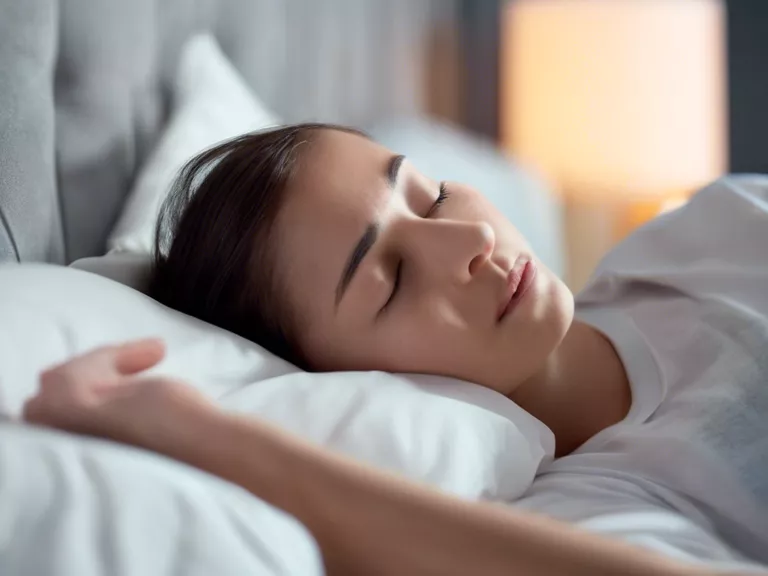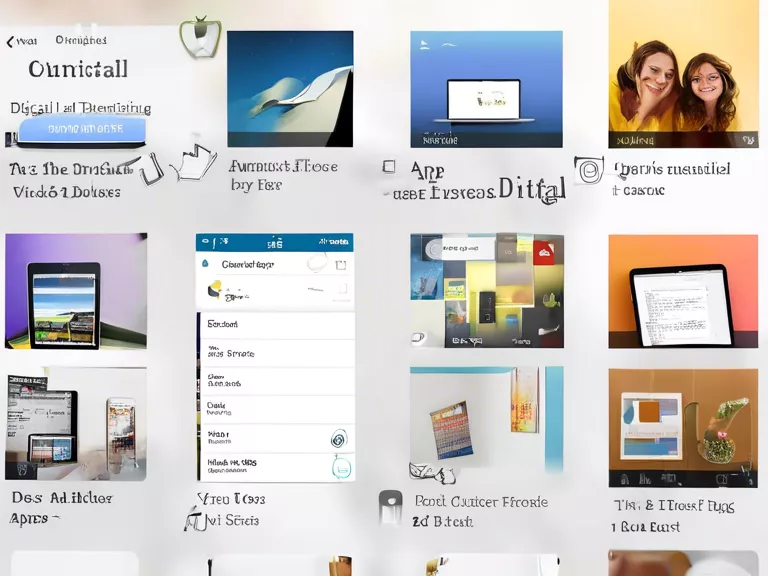
Mobile apps are revolutionizing the way users approach their sleep habits and routines. From tracking sleep patterns to providing guided meditation sessions, these apps are making it easier for individuals to get a restful night's sleep. In this article, we will explore the various ways in which mobile apps are helping users develop better sleep habits and routines.
One of the key features of sleep apps is their ability to track and analyze sleep patterns. By monitoring factors such as duration of sleep, quality of sleep, and disruptions throughout the night, users can gain insights into their sleeping habits and make adjustments as needed. This data can also be helpful in identifying trends and potential issues that may be affecting sleep quality.
Many sleep apps also offer tools and resources to help users improve their sleep hygiene. This can include setting reminders for a consistent bedtime, creating a relaxing bedtime routine, and minimizing exposure to screens before sleep. By incorporating these habits into their daily routine, users can establish healthier sleep patterns over time.
In addition to tracking sleep and providing tools for better sleep hygiene, some apps also offer guided meditation and relaxation exercises to help users wind down before bed. These exercises can help reduce stress and anxiety, which are common culprits of poor sleep. By incorporating meditation into their nightly routine, users can create a calming environment that promotes restful sleep.
Furthermore, some apps incorporate features such as white noise generators, bedtime stories, and sleep sounds to create a soothing atmosphere for sleep. These audio cues can help drown out external disturbances and create a peaceful environment conducive to sleep.
Overall, mobile apps are proving to be valuable tools for helping users develop better sleep habits and routines. By leveraging the features and resources offered by these apps, individuals can prioritize their sleep health and improve their overall well-being.



